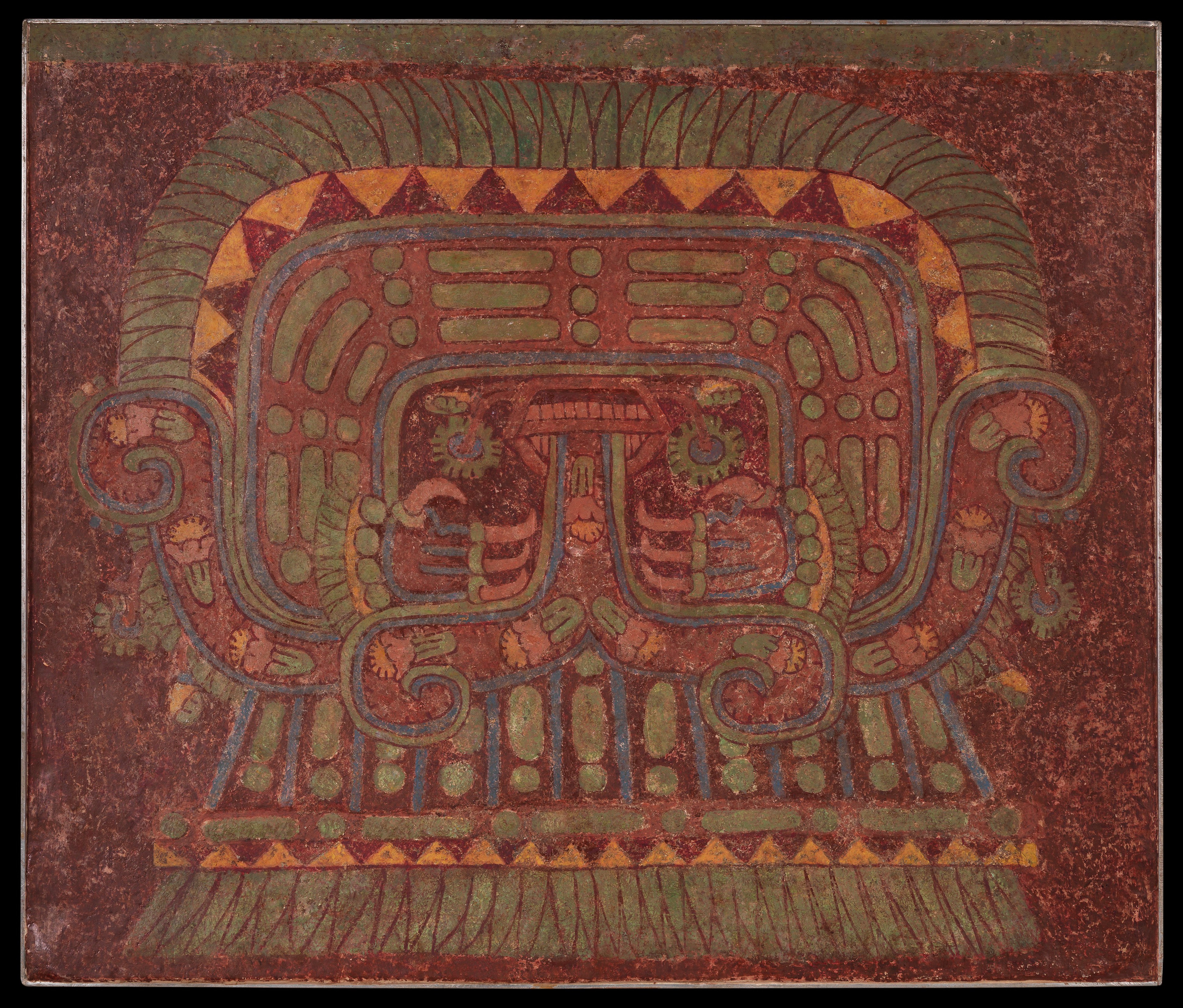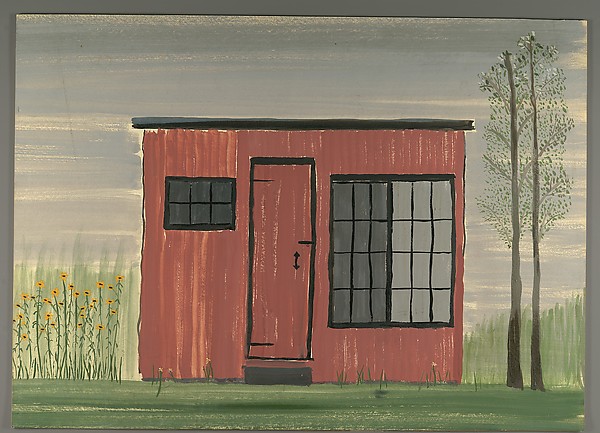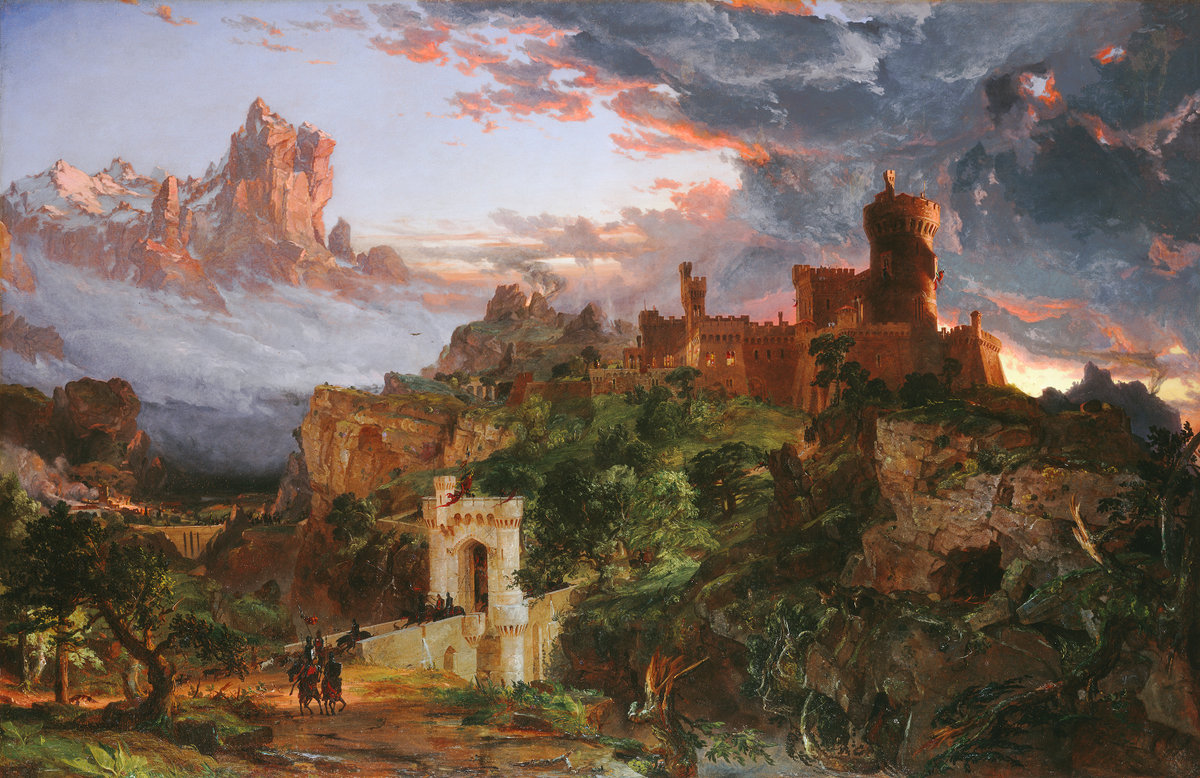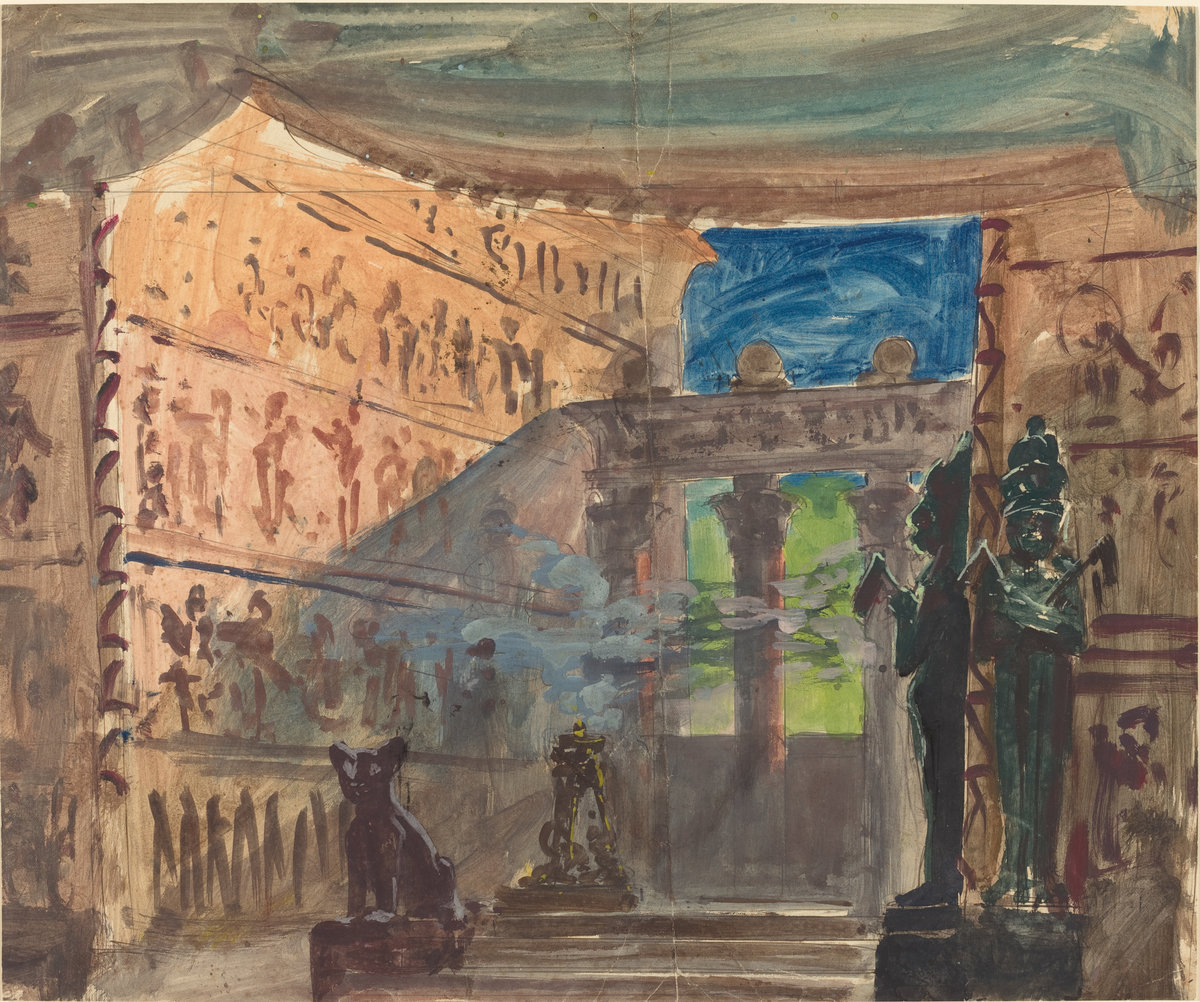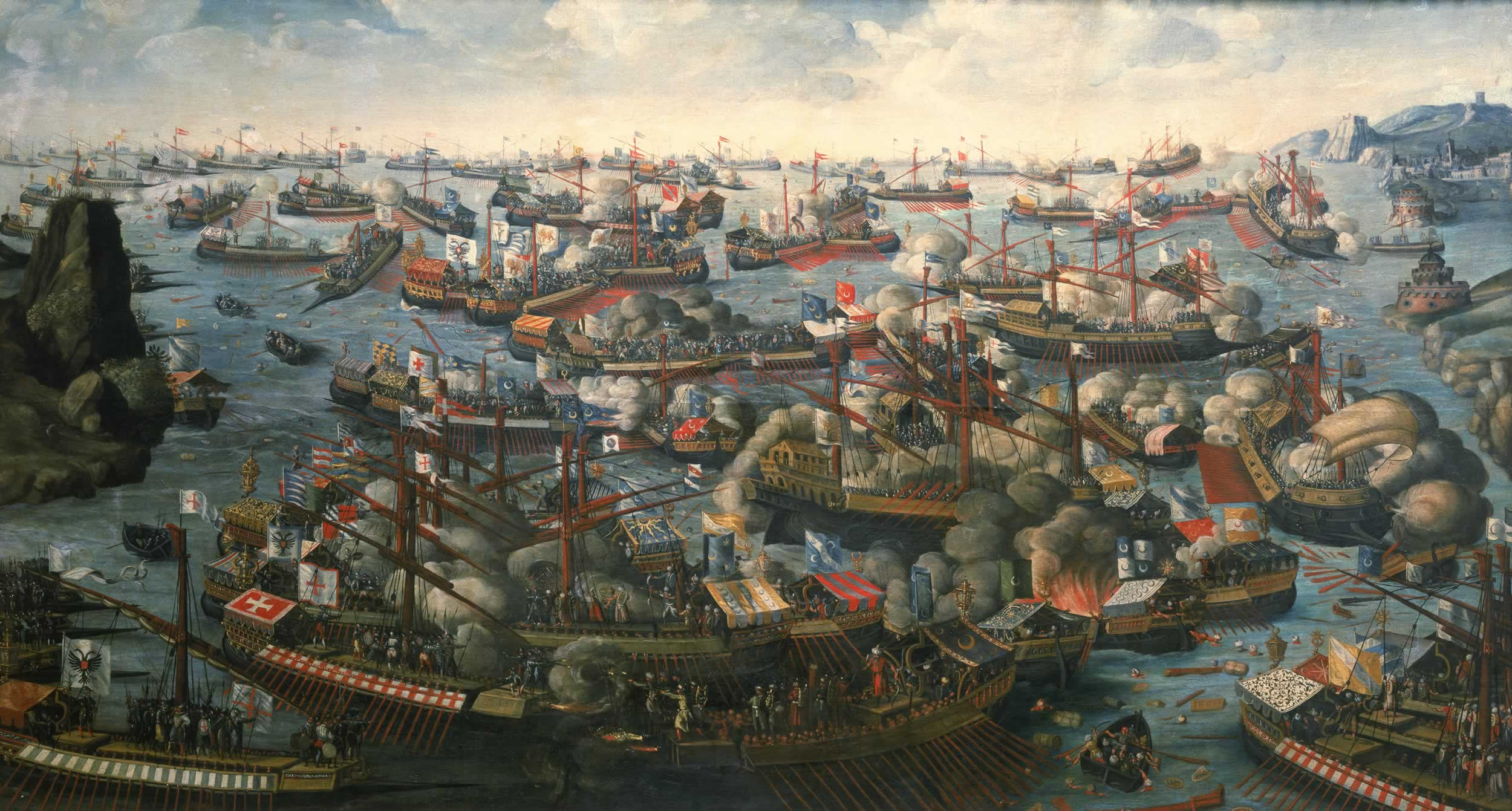By Patrick Pierson.
Four men were detained in upstate New York this week when it emerged they were plotting an attack against a Muslim community. Mexico saw a record number of homicides in 2018. Attacks continue against political leaders from Guatemala’s indigenous community. A pair of Nicaraguan journalists are facing terrorism charges for “fomenting hate” while covering President Ortega’s crackdown on freedoms. Nicaragua’s most prominent newspaper published its Friday edition with a blank front page to protest the government’s efforts to silence the outlet. While 2018 saw a significant decrease in El Salvador’s murder rate, the country witnessed more than 200 homicides in the first 20 days of 2019. Colombia has requested that Cuba extradite an ELN negotiating team after the group carried out a car bomb attack last week in Bogota. Venezuelan opposition leader Juan Guiadó declared himself interim president this week. Countries have been lining up in support of—and opposition to—Guaidó. Regional neighbors such as Colombia, Peru, and Brazil are backing the opposition leader, as is the US. China and Turkey have voiced their support for Maduro, and Russia reportedly sent private security contractors to provide extra protection for President Maduro. Is the Bolsonaro government in Brazil trying to decrease government transparency? Jean Wyllys, an openly gay congressmen in Brazil, says he won’t return to the country amid ongoing death threats.
The Queen has weighed in on Brexit. In Portugal, attackers targeted police stations with petrol bombs this week after a video was published of officers beating several black people during a protest. Spain’s refugee centers are struggling to keep up with the pace of incoming migrants. Yellow Vests protests are entering their third month in France. 35,000 students skipped school this week in Belgium to protest against global warming and pollution. Belgian authorities have arrested two men suspected of plotting a terrorist attack. Are Germany and France making fun of Italy? Italy is shutting down its second-largest center for asylum-seekers. The release of decades-old documents has outed thousands of Latvians as former KGB informants. A Russian company has released a board game making light of the poisoning of a former double agent in Britain last year. A Serbian mayor has been arrested in connection with a violent attack on a journalist.
UN experts are headed to Turkey to investigate the killing of Jamal Khashoggi. Syria is facing an opioid crisis. Syrian lawyers were in Amman this week in efforts to restore ties in the region. A number of British MPs and lawyers are requesting access to eight female activists detained in Saudi Arabia. The Yemeni government is accusing Houthi rebels of violating the truce reached between the parties last month. A Bahraini court has upheld the dissolution of the country’s major opposition party. Negotiations between the Taliban and US officials took place in Qatar this week. Citizens of Basra, Iraq, are drawing inspiration from France’s Yellow Vest protesters. The US Treasury has added two Iran-backed militant groups in Syria to its official list of sanctioned terrorists.
India has announced plans to boost ties with South Africa. UN special rapporteur Yanghee Lee says that Myanmar’s army chief should be prosecuted for genocide against the Rohingya. Malaysia has a new king. The Philippines is purchasing surface-to-surface missiles from Israel. Voters have approved a plan to grant self-rule to the largely Muslim region of Mindanao. Two Thai activists that fled in the wake of the 2014 military coup have been killed in Laos. Exiled members of Cambodia’s leading opposition party announced they will return to the country in the coming months. A prominent Australian democracy activist has been detained in Vietnam. A Chinese-Australian writer has been detained by Chinese authorities. A number of US warships sailed through the Taiwan Strait this week. Yang Sung-tae, former chief justice of South Korea’s Supreme Court, has been arrested on charges of case-rigging.
Is Egypt ‘more dangerous than ever’ for government critics? Massive protests continue in Sudan. The Ethiopian government is banning street begging by Syrian nationals. Nigeria’s anti-trafficking agency says more than 20,000 women have been sold as sex slaves and trapped in southern Mali. The cabinet in Burkina Faso suddenly resigned this week. Togo has elected its first female head of the National Assembly. Is there any chance of success for third party candidates in Nigeria’s upcoming elections? Felix Tshisekedi, the DRC’s new president, fell ill during his inauguration speech. Last week the SADC said the country’s electoral results looked suspect; this week they sent congratulatory messages to Tshisekedi. French authorities have handed over alleged CAR militia leader Patrice-Edouard Ngaissona to the ICC. The UN is investigating a surge in cases of female genital mutilation in Uganda. Malawi President Peter Mutharika is urging police to clamp down on political violence ahead of May elections. The Zimbabwean military has been accused of using torture in recent crackdowns on protesters; the army is accusing “bogus elements” purporting to be members of the military as responsible for the violence. The University of Pretoria has dropped Afrikaans as its official language.

